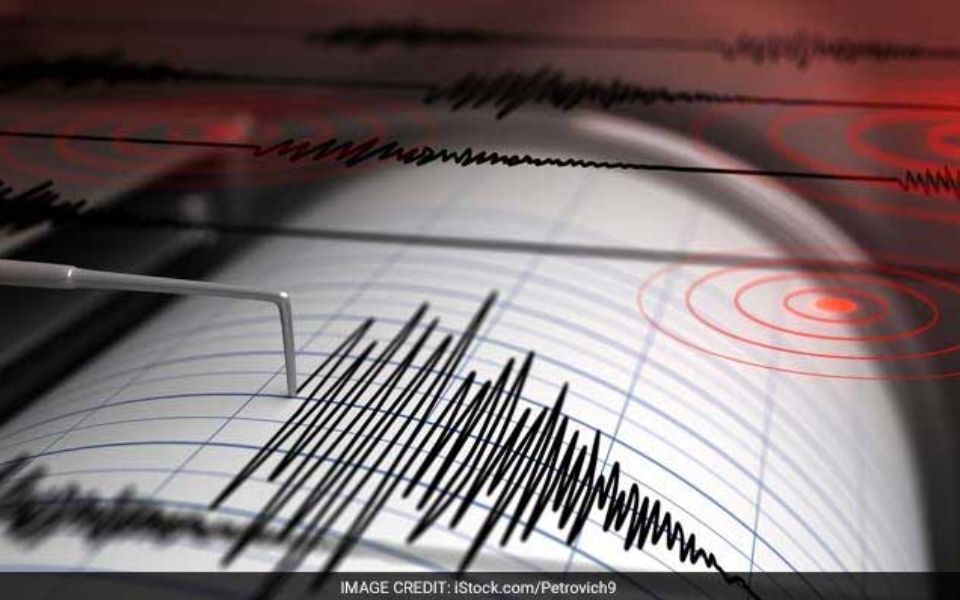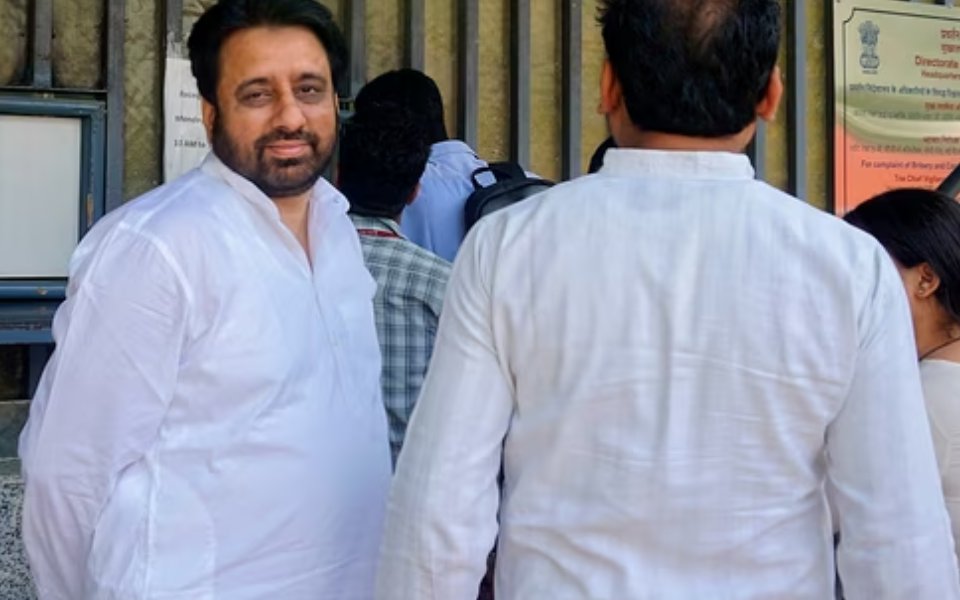Kasargod (Kerala): Five stray cats caught from a COVID-19 ward of the general hospital here have died, prompting officials to send the vital organs of the animals for detailed examination in Thiruvananthapuram.
Officials on Thursday said a preliminary postmortem carried out here did not detect any "trace of COVID-19" and experts opined stress could be the reason behind the death of the cats, which were kept in a crate with little aeration after being caught.
The animal husbandry department officials decided to send their vital organs of the cats -- two male, a female and her two kittens -- to the State Institute of Animal Disease Centre in Thiruvananthapuram for detailed examinations, they said.
"Since the cats were caught from the COVID ward, the postmortem was conducted. No trace of COVID-19 could be detected... we decided to send the internal organs to Thiruvananthapuram," Dr Tito Joseph, who conducted the postmortem, told PTI.
If needed, the organs would be sent to the National Institute of High Security Animal Diseases (NIHSAD) lab in Bhopal for further examination, Joseph, who is the Kasargod district coordinator of animal disease control project, said.
The cats were found loitering in the COVID-19 wards before being caught on March 28 by dog snatchers engaged by the Department of Animal Husbandry following a directive from the District Collector based on complaints.
They were then kept in a crate with little aeration.
The female cat died two days after it was put up in the crate kept at the Animal Birth Control Centre in Kasaragod. Later, two more cats and the kittens died, officials said.
Thomas said the workers engaged by the department had provided food, including milk, to the cats while being kept in the crate. Experts, including Joseph, said they believe that stress could be the reason for the death of the cats.
"The stray cats were caged immediately. It is certain that they could not adapt to the situation in the crate. So we believe stress could be the reason for their death. But since it happened during COVID-19 scare we cannot take a chance.
That is the reason why a detailed examination of the internal organs of the cats was decided," Joseph said.
The Animal Husbandry Departments epidemiologist M J Sethulakshmi, part of the team of doctors who conducted the postmortem, said "no signs" of COVID-19 could be detected during the procedure.
The death of the cats come at a time when the government has put zoos in the country on highest alert and asked them to collect samples fortnightly in suspected cases after a tiger at a US zoo tested positive for coronavirus.
Let the Truth be known. If you read VB and like VB, please be a VB Supporter and Help us deliver the Truth to one and all.
Jakarta, Apr 27: A strong magnitude 6.1 earthquake shook the southern part of Indonesia's main island of Java on Saturday, but there were no immediate reports of injury or significant property damage.
The U.S. Geological Survey said the quake struck 102 kilometers (63 miles) south of Banjar city at a depth of 68.3 kilometers (42.4 miles). There was no tsunami warning.
High-rises in the capital Jakarta swayed for around a minute and two-story homes shook strongly in the West Java provincial capital of Bandung and in Jakarta's satellite cities of Depok, Tangerang, Bogor and Bekasi. The quake was also felt in other cities in West Java, Yogyakarta and East Java province, according to Indonesia's Meteorology, Climatology and Geophysical Agency.
The agency warned of possible aftershocks.
Earthquakes are frequent across the sprawling archipelago nation, but they are rarely felt in Jakarta.
Indonesia, a seismically active archipelago of 270 million people, is prone to seismic upheaval because of its location on major geological faults known as the Pacific “Ring of Fire.”
A magnitude 5.6 earthquake in 2022 killed at least 602 people in West Java's Cianjur city. It was the deadliest in Indonesia since a 2018 quake and tsunami in Sulawesi killed more than 4,300 people.
In 2004, an extremely powerful Indian Ocean quake set off a tsunami that killed more than 230,000 people in a dozen countries, most of them in Indonesia's Aceh province.





